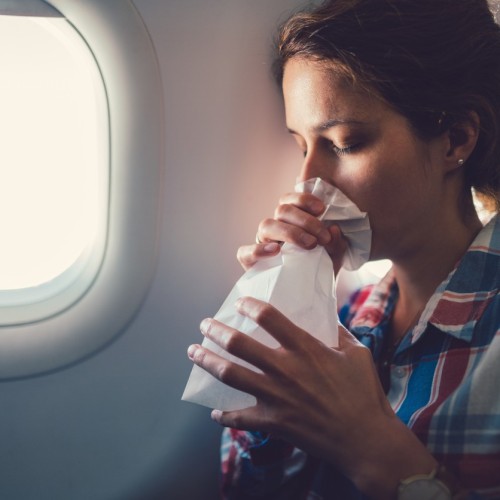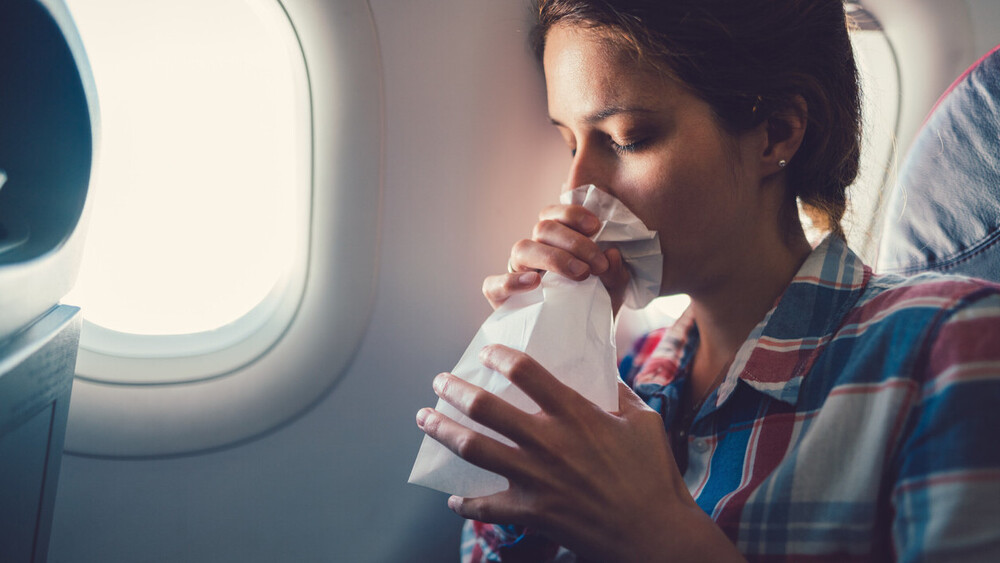
posted 4th June 2025

PANIC ATTACKS
A panic attack is a severe attack of fear which occurs suddenly, often without warning, and reaches a peak within 10 minutes.
Panic attacks happen at different times for everyone. Some people have one panic attack then don't ever experience another, or you might find that you have them regularly, or several in a short space of time. You might notice that particular places, situations or activities seem to trigger panic attacks.
You might find that you become scared of going out alone or to public places because you're worried about having another panic attack.
In addition to the anxiety, various other symptoms may also occur during a panic attack, such as racing heart, chest pain, sweating, shaking, dizziness, flushing, churning stomach, faintness and breathlessness.
Panic attack symptoms:
A 'thumping heart' or rapid heart rate
Sweating and trembling.
Dry mouth.
Hot flushes or chills.
Feeling short of breath, sometimes with choking sensations.
Chest pain
Feeling sick or faint.
Fear of dying or going crazy.
Numbness
Feelings of unreality, or being detached from yourself.
The physical symptoms that occur with panic attacks do not mean there is a physical problem with the heart, chest, etc.
The symptoms mainly occur because of an overdrive of nervous impulses from the brain to various parts of the body during a panic attack.
This overdrive of nervous impulses can lead to the body producing hormones which include adrenaline (epinephrine). This is sometimes referred to as a 'fight or flight' response. This kind of reaction is normal in people when they feel they are in danger. During a panic attack the body can react in the same way.
During a panic attack you tend to over-breathe (hyperventilate). If you over-breathe you blow out too much carbon dioxide, which changes the acidity in the blood. This can then cause more symptoms (such as confusion and cramps) and make a 'thumping heart', dizziness and pins and needles worse.
This can make the attack seem even more frightening and make you over-breathe even more, and so on. Over-breathing may make you feel very light-headed and even lose consciousness for a brief period. However, losing consciousness when over-breathing is very uncommon.
A panic attack usually lasts 5-10 minutes; however, sometimes panic attacks come in waves for up to two hours.















